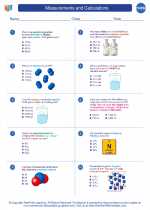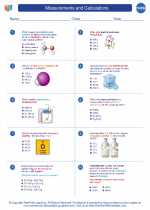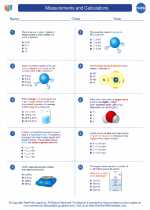Nitrification
Nitrification is a crucial process in the nitrogen cycle, where certain bacteria convert ammonia (NH3) to nitrite (NO2-), and then to nitrate (NO3-).
Key Steps in Nitrification:
- Ammonia Oxidation: Ammonia-oxidizing bacteria (AOB), such as Nitrosomonas, oxidize ammonia to nitrite in the following reaction:
NH3 + O2 → NO2- + H2O + 2H+ - Nitrite Oxidation: Nitrite-oxidizing bacteria (NOB), such as Nitrobacter, further oxidize nitrite to nitrate:
NO2- + O2 → NO3-
Environmental Importance:
Nitrification plays a vital role in making nitrogen available to plants for growth. It also helps in removing excess nitrogen from the environment, thereby preventing eutrophication of water bodies.
Study Guide:
To understand nitrification, it's important to grasp the following concepts:
- The chemical reactions involved in the conversion of ammonia to nitrite, and then to nitrate.
- The types of bacteria involved in each step of nitrification and their specific roles.
- The environmental significance of nitrification and its impact on ecosystems.
Additionally, it's helpful to explore real-world examples of nitrification, such as its role in wastewater treatment and agricultural practices.
Understanding nitrification is essential for comprehending nutrient cycles and environmental processes, making it a fundamental topic in the study of ecology and environmental science.
[Nitrification] Related Worksheets and Study Guides:
.◂Chemistry Worksheets and Study Guides High School. Measurements and Calculations

 Worksheet/Answer key
Worksheet/Answer key
 Worksheet/Answer key
Worksheet/Answer key
